Malchut Sh’b’Malchut

To describe the king as “entangled in the tresses” is to assert that there is a level of G-d that is entangled by our conceptions and projections of Him/Her/It.

To describe the king as “entangled in the tresses” is to assert that there is a level of G-d that is entangled by our conceptions and projections of Him/Her/It.
…To Women Far and Wideto Participate in a Ground-Breaking, Soul-Awakening Event:The 31st Annual “Purim High Council Prayer and Meditation Happening for Women”(that, for the second time, will be available to the world, via Zoom) Because Shushan Purim is on Erev Shabbat this year which makes it difficult for even Yerushalmim to get back and forth […]
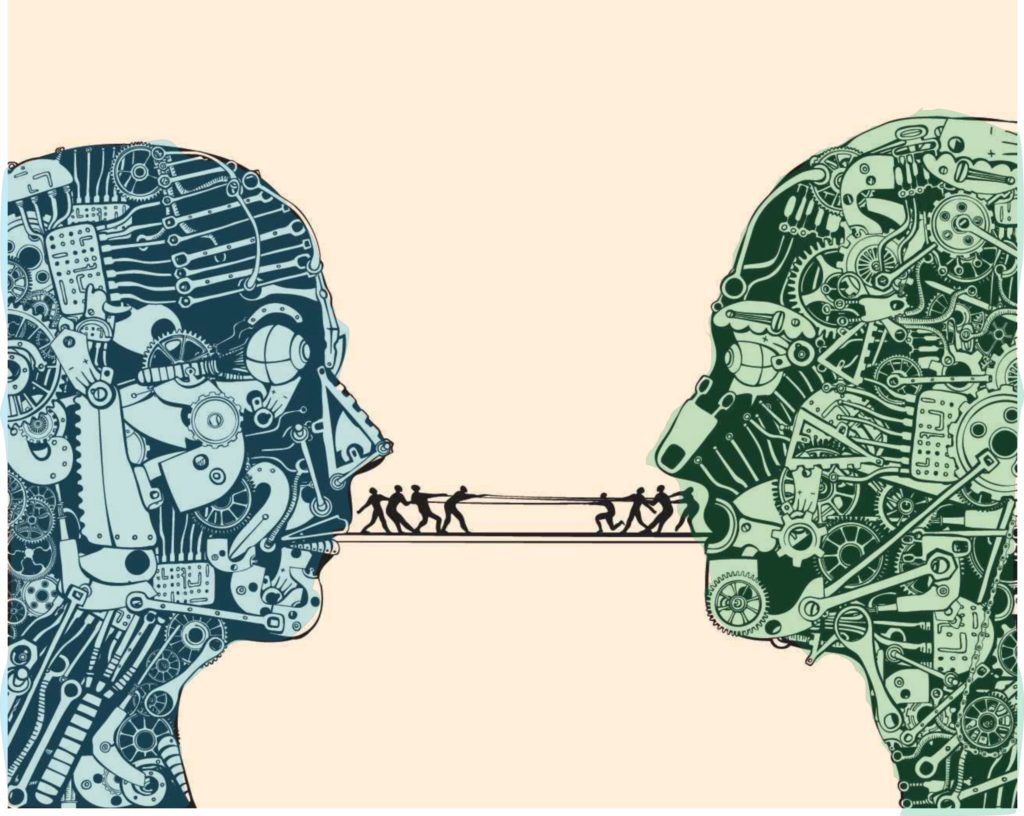
The whole drama of geopolitics comes down to “who eats who?”: In the end, whose narrative is going to prevail, and absorb everyone else into its story line.
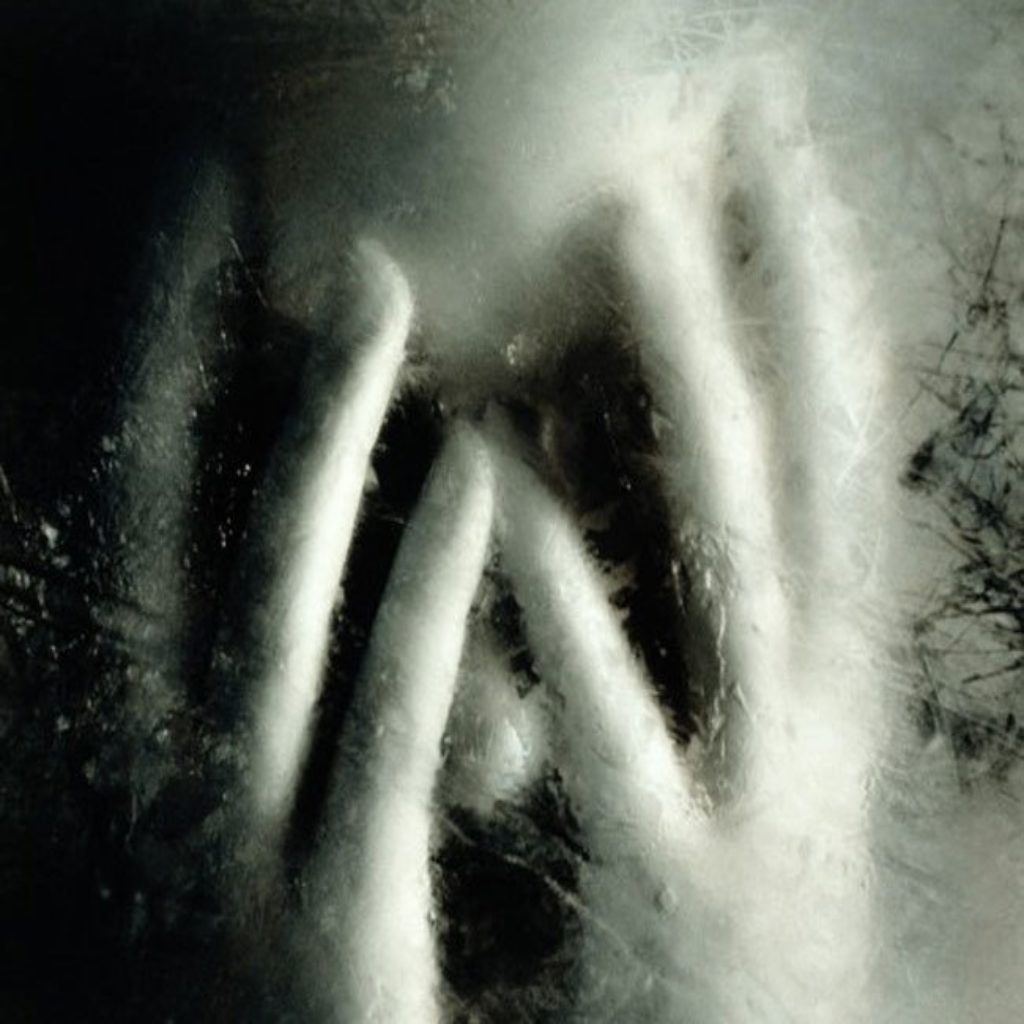
Shame and Sinat Chinam: Tisha B’Av 2021 This is a video of Sarah Yehudit’s teaching on Tisha B’Av evening after Chana Yaffe’s beautiful Eicha reading. Below that is an audio file (no video) of the talk. Audio recording of Sarah Yehudit’s Tisha B’Av Teaching https://s3.us-east-1.amazonaws.com/SSV_Downloads/Tisha.b.av_2021_SY.mp3
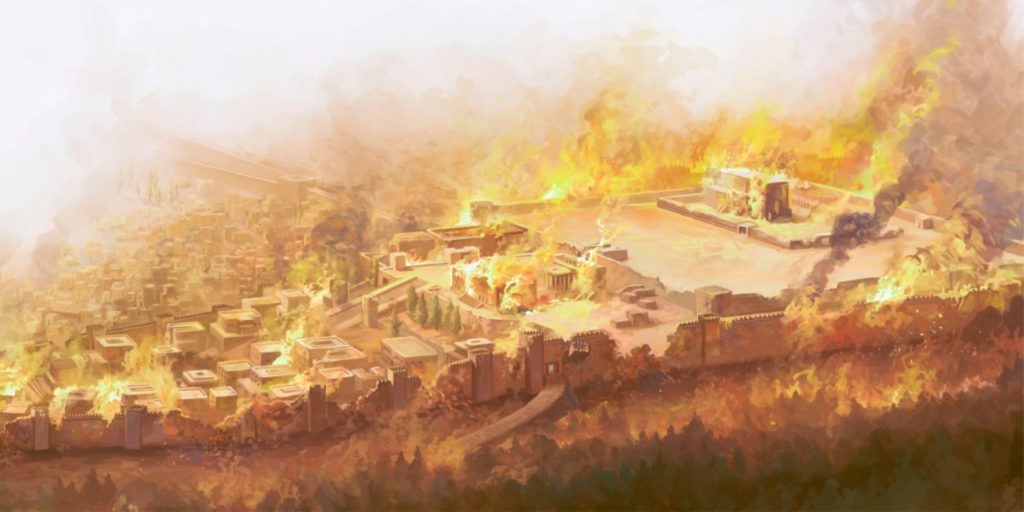
Video and Audio for teaching and discussion.
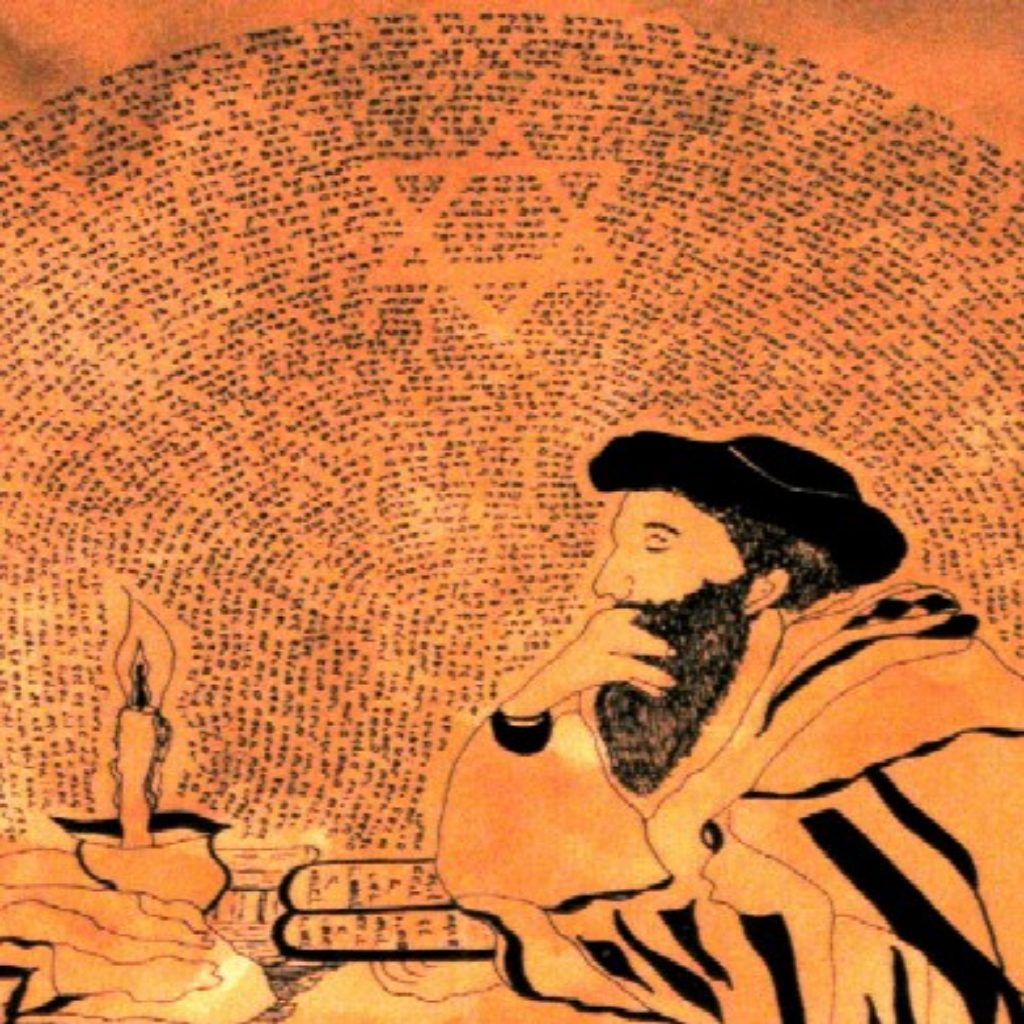
The Torah is really three in one: the Torah of Bereshit, the Torah of Sinai, and the Torah of souls. Our job is to unify these three Torot with every word we speak and breath we take.
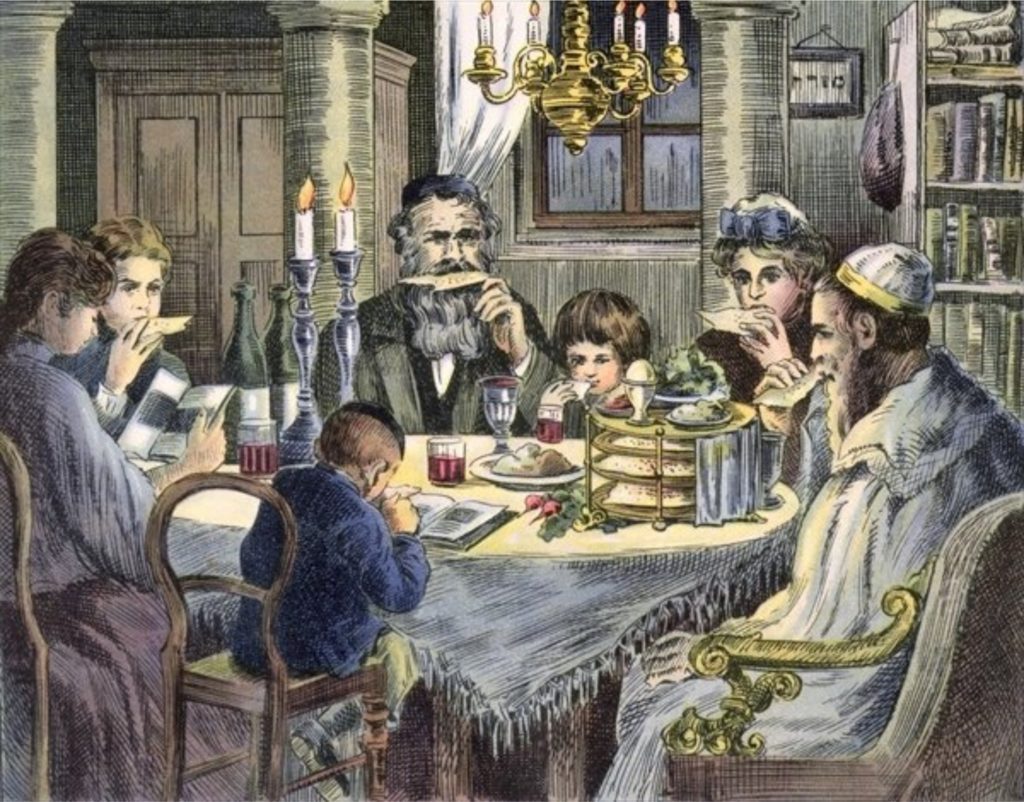
Pesach 2021 / 5781 by Sarah Yehudit Schneider Matzah on Pesach is a powerful remedy that penetrates to the soul’s depths and heals ancient wounds.
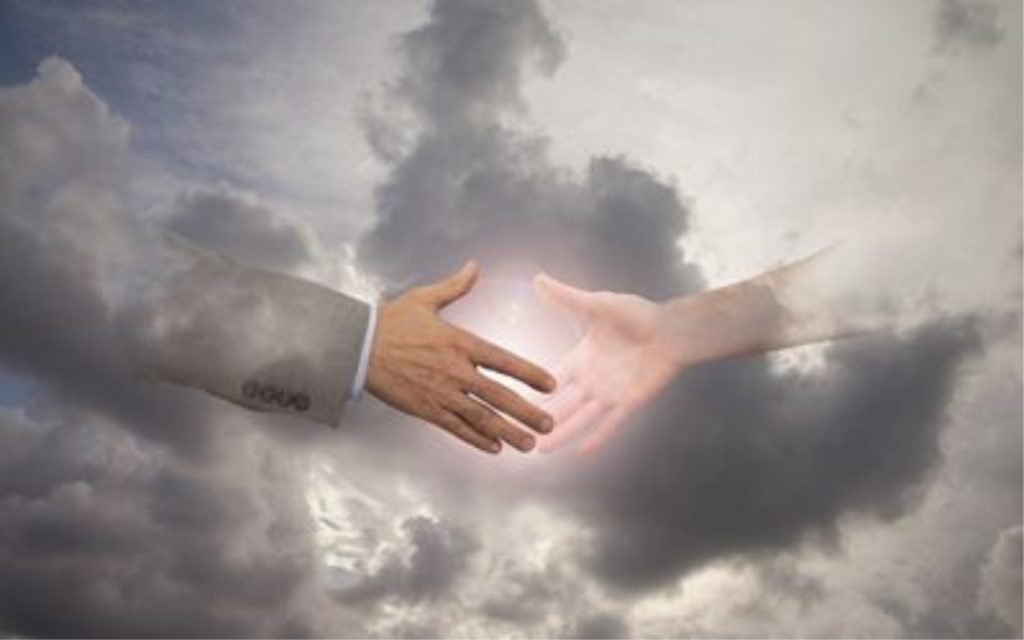
Charvonah is a seemingly insignificant character in the Purim story. He is one of the king’s attendants who appears at the beginning with those who convey the kings fateful summons to Vashti and then again at Haman’s demise. It is here, in this second mention, that he delivers his single line:
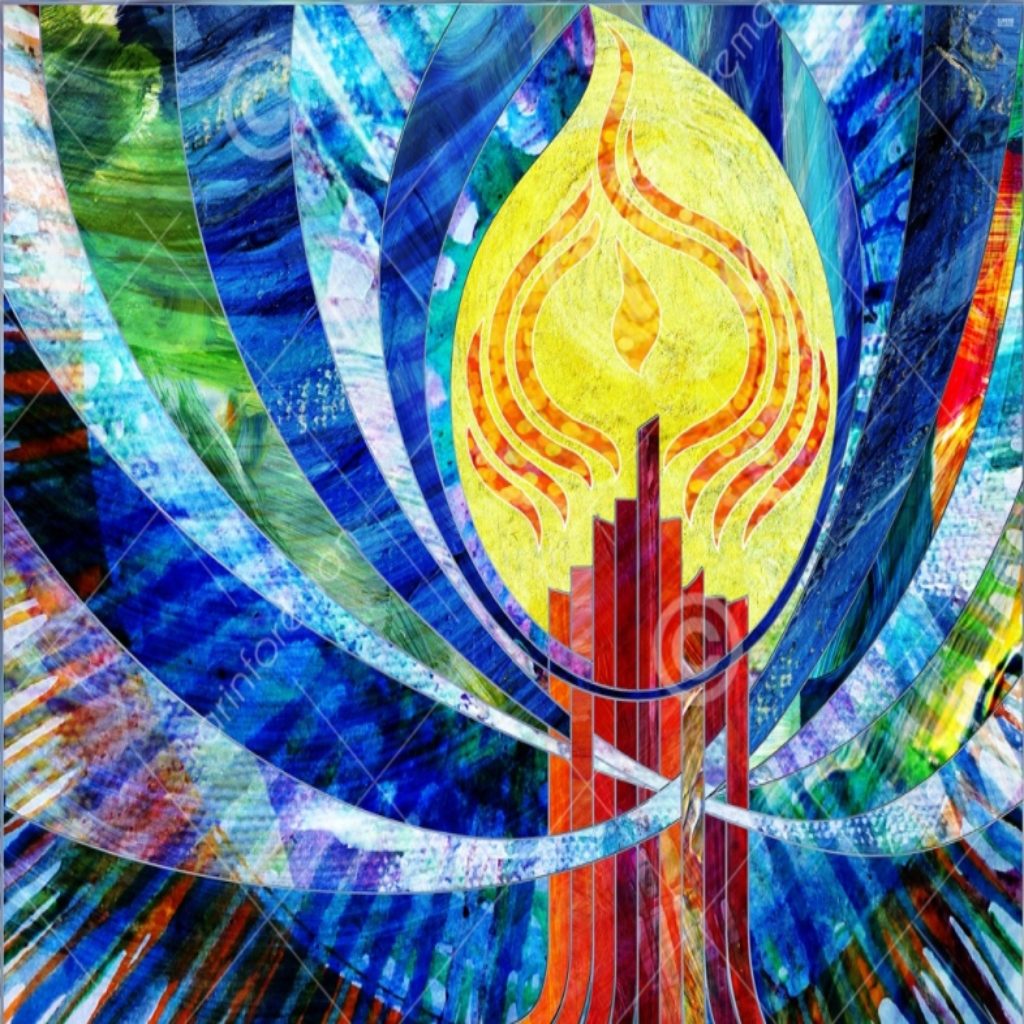
Chanukka 5781 / 2020
This holiday is called Chanukka because it is training (chinukh) and practice for the future redemption. How so?
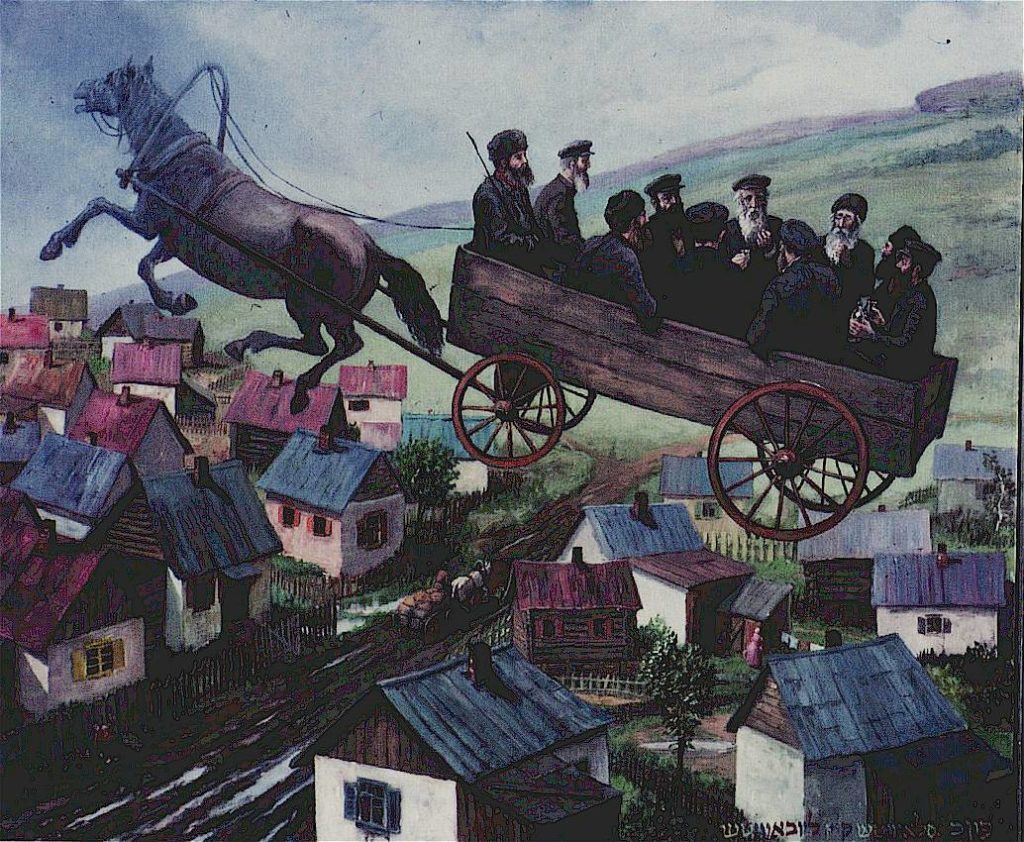
Rosh Hashana (humanity’s birthday) is actually a very strange Yom Tov given the debate between Hillel and Shamai about whether it is better to be born…or not.
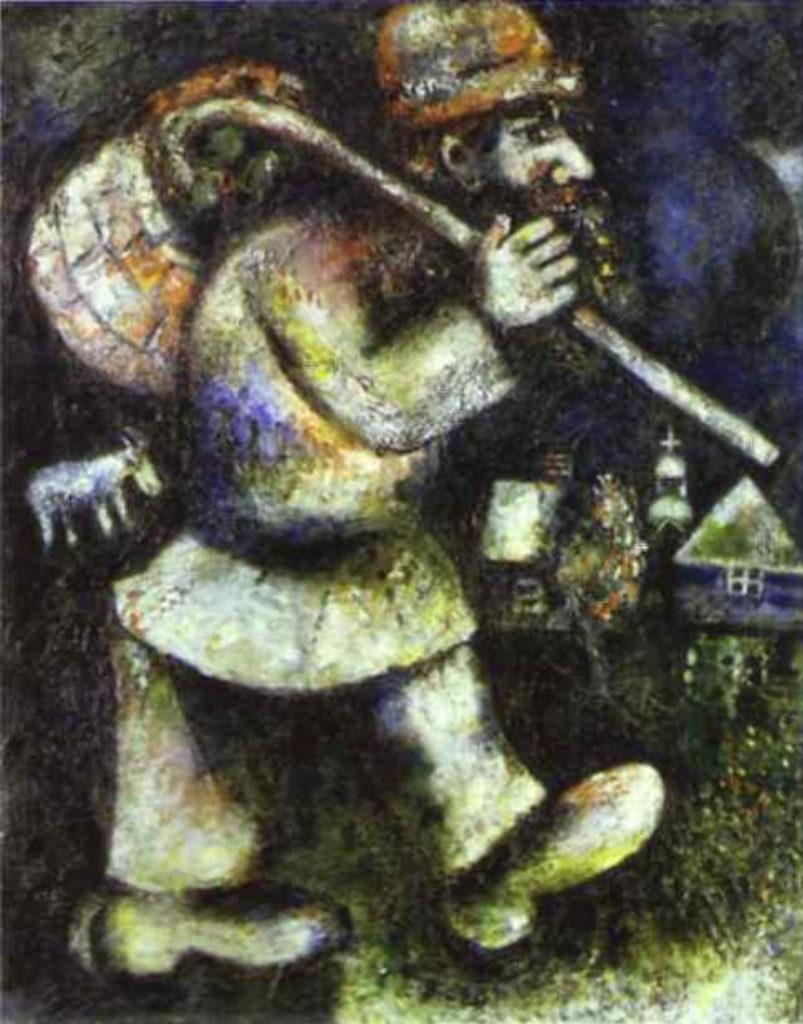
The chink that precipitated our Tisha B’Av fiasco was a defect in our ability to distinguish truth from falsehood; a flaw in our listening skills.
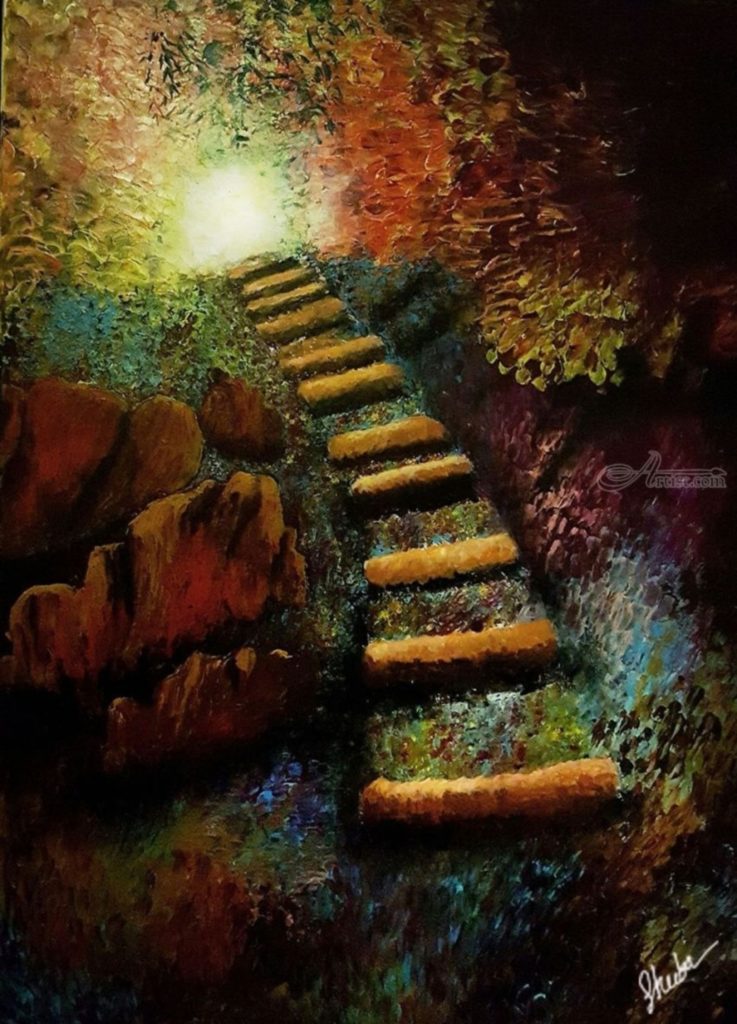
The Zohar is teaching that HaShem (so to speak) looked into Him/Her/Itself and articulated a will for a creation that would revel in the glory of G-d.
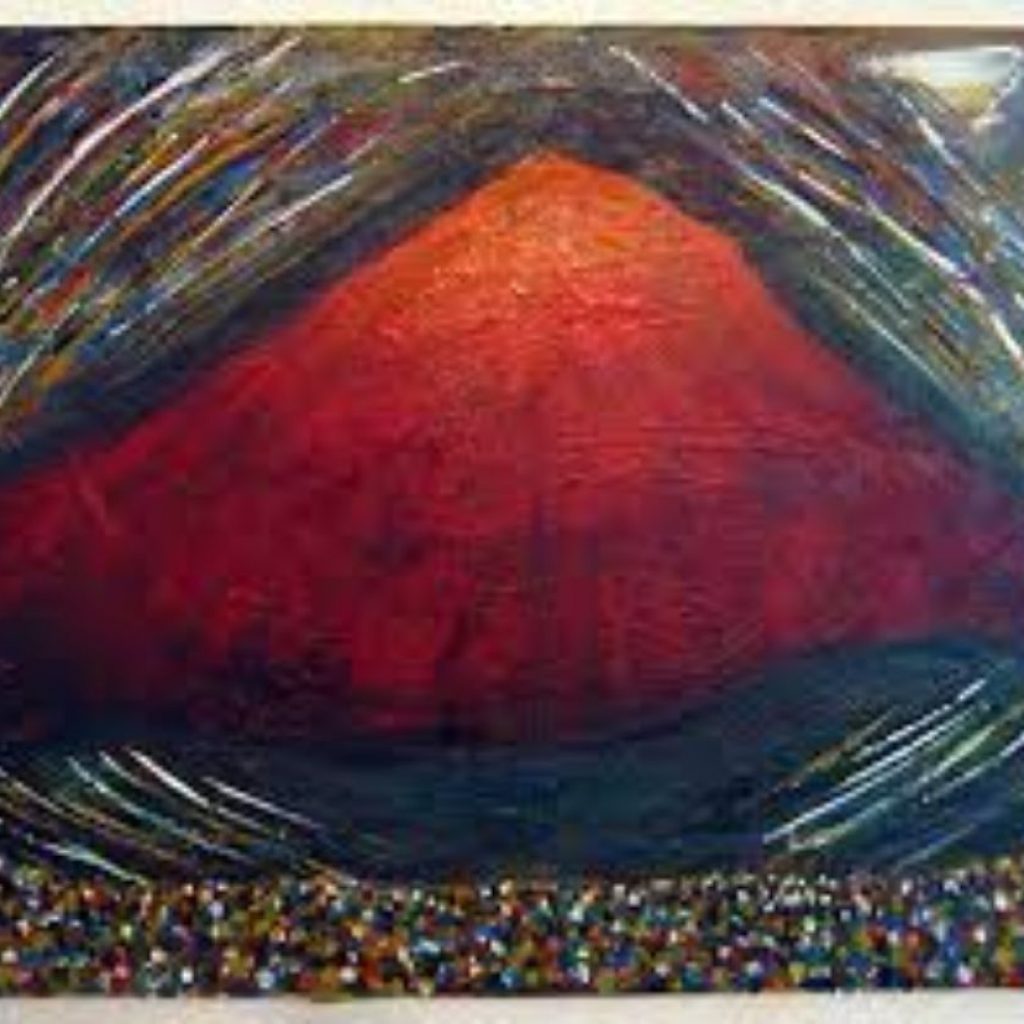
Shavuot teachings over the years (2008-2016).

As we evolve and enlighten in the course of the evening we project a whole string of meanings and transformations onto that matzah.
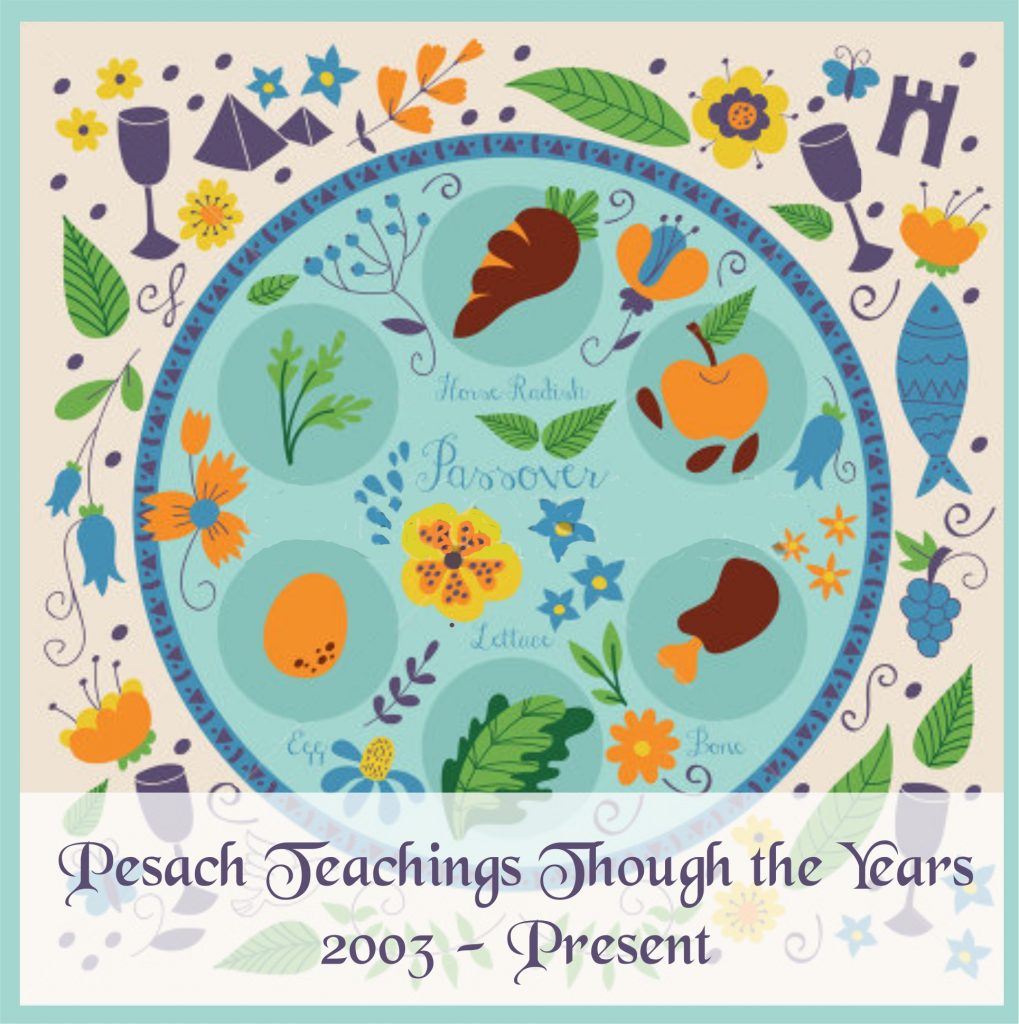
Pesach Through the Years Pesach teachings over the years (2003-present.)
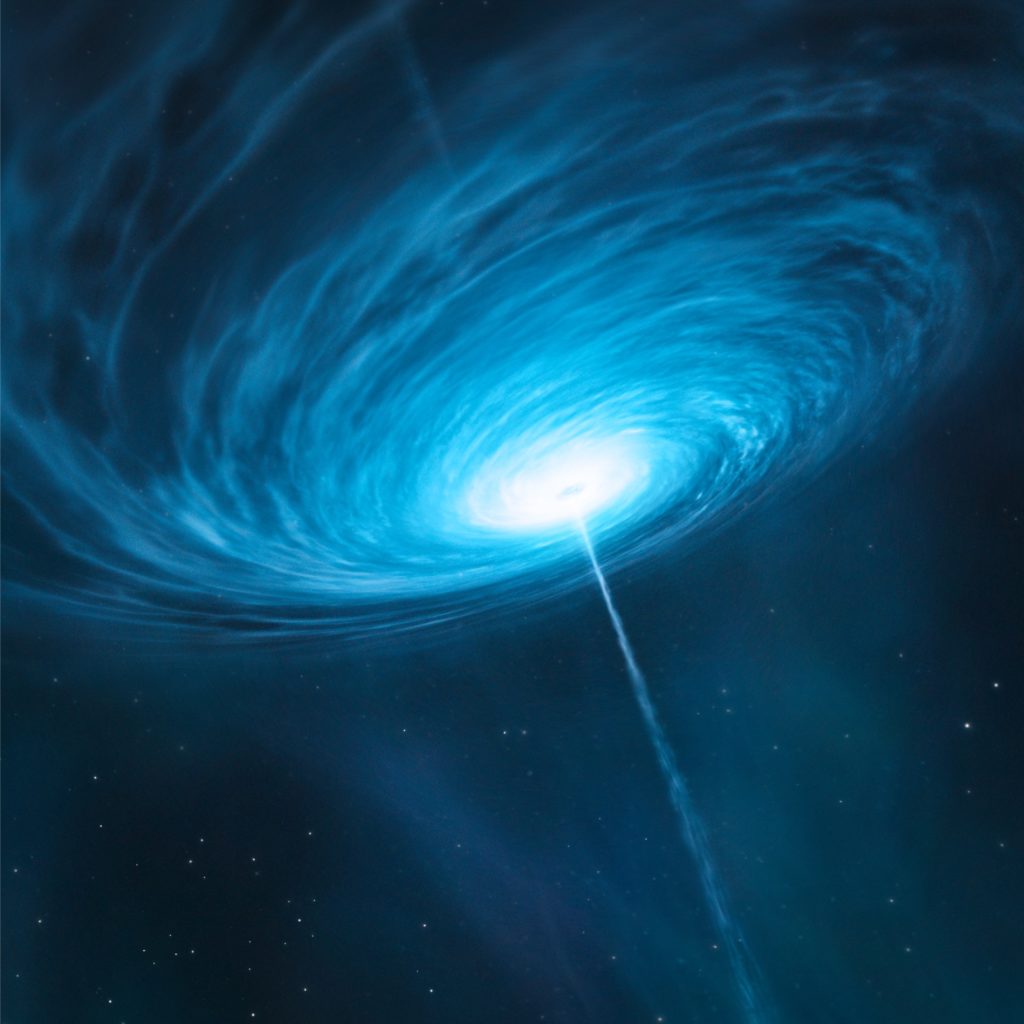
Chashmal thus becomes the codeword for embracing paradox by skirting back and forth between opposing perspectives and admitting the truth that’s present in each.
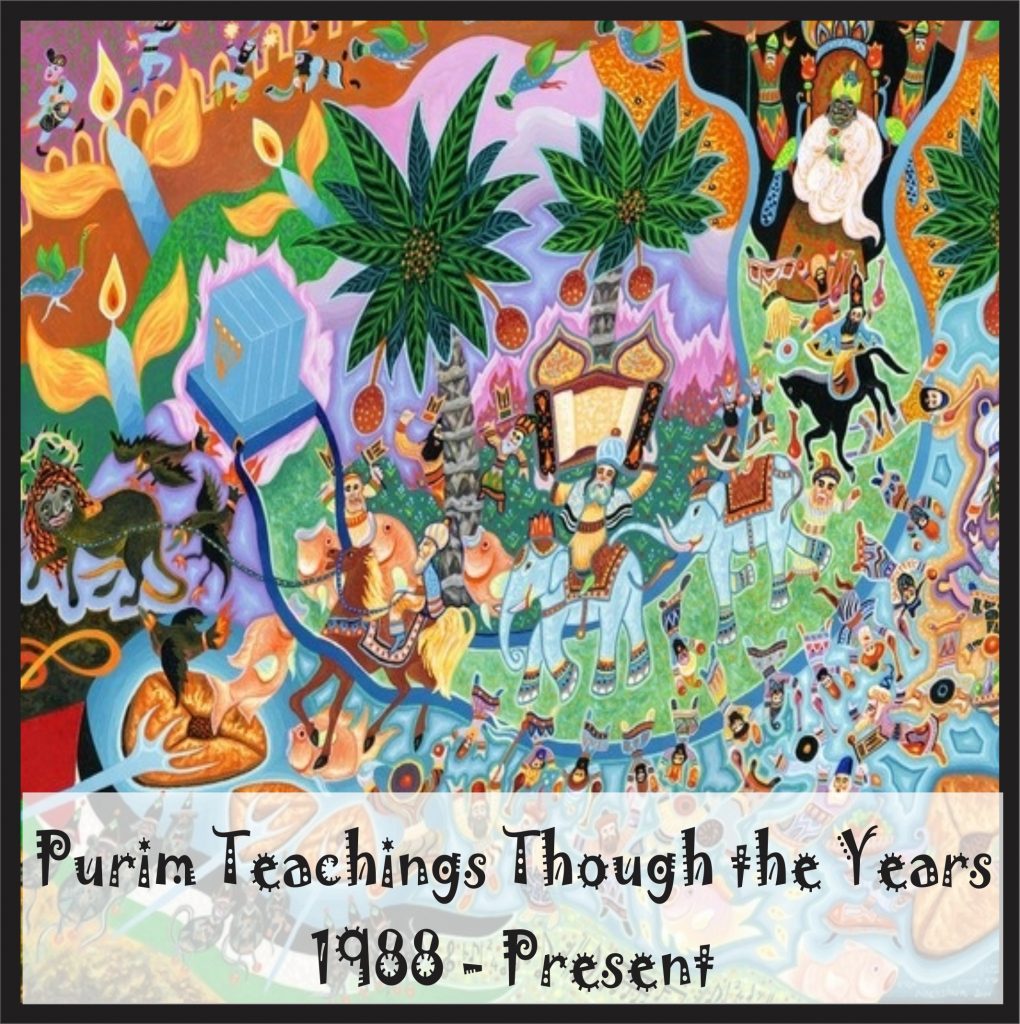
Purim Through the Years Purim Teachings Through the Years (1988 – Present).
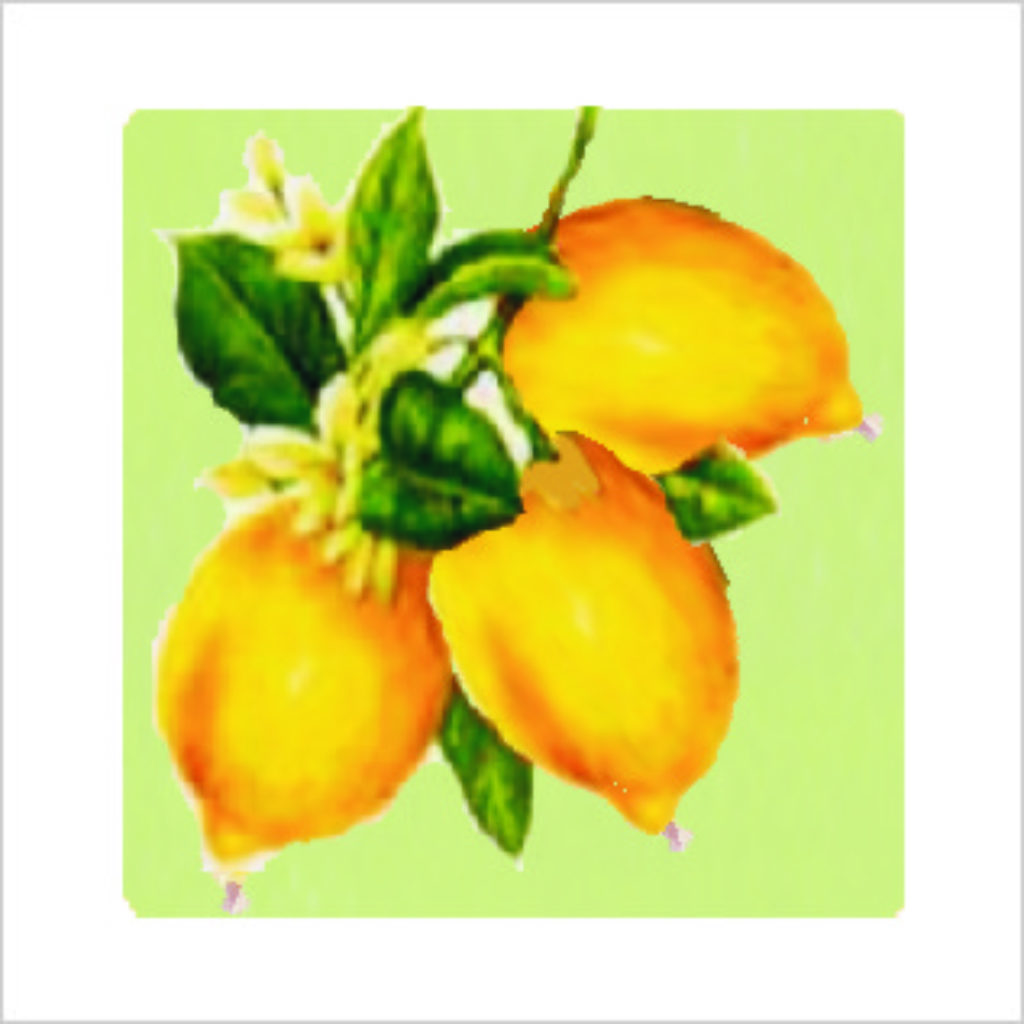
The word for etrog (אתרוג) relates to the Hebrew root, רגג, which means, “to long and desire”; etrog corresponds to to the heart area, the center of conscious emotion and desire.

Tu B’Shvat Through the Years Tu B’Shvat teachings over the years (2007-present).
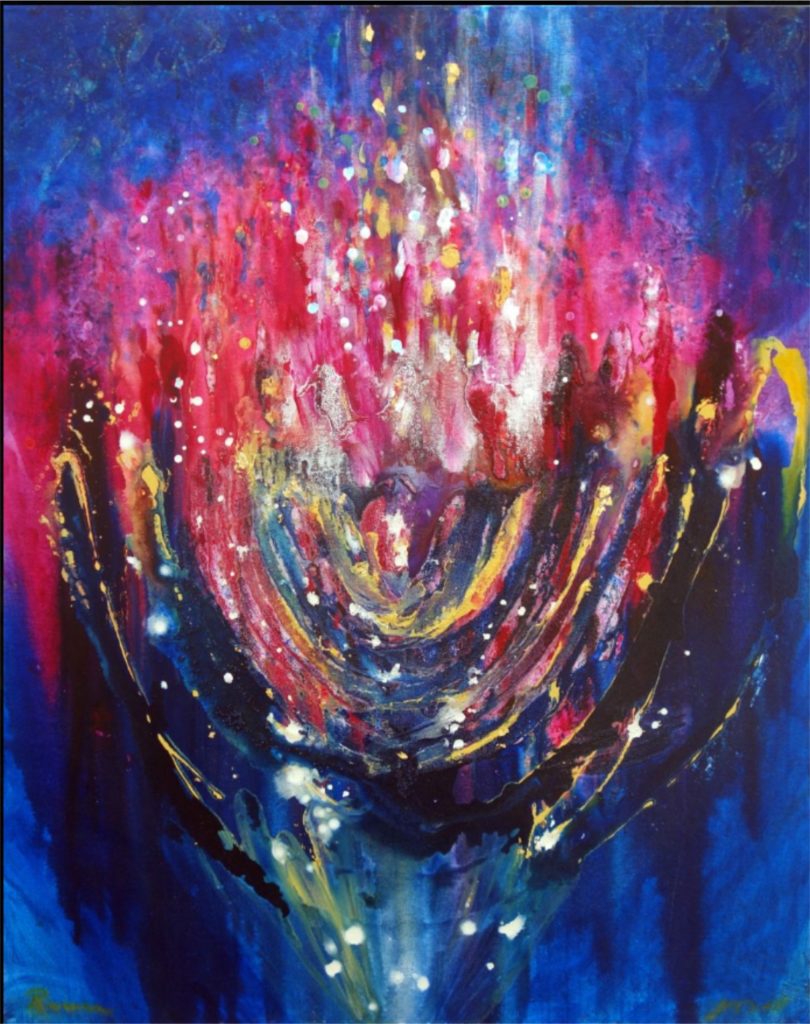
Chanukka references toward the future, R. Luria associates them with Mashiach ben David, when “the woman of valor becomes the crown to her husband.”
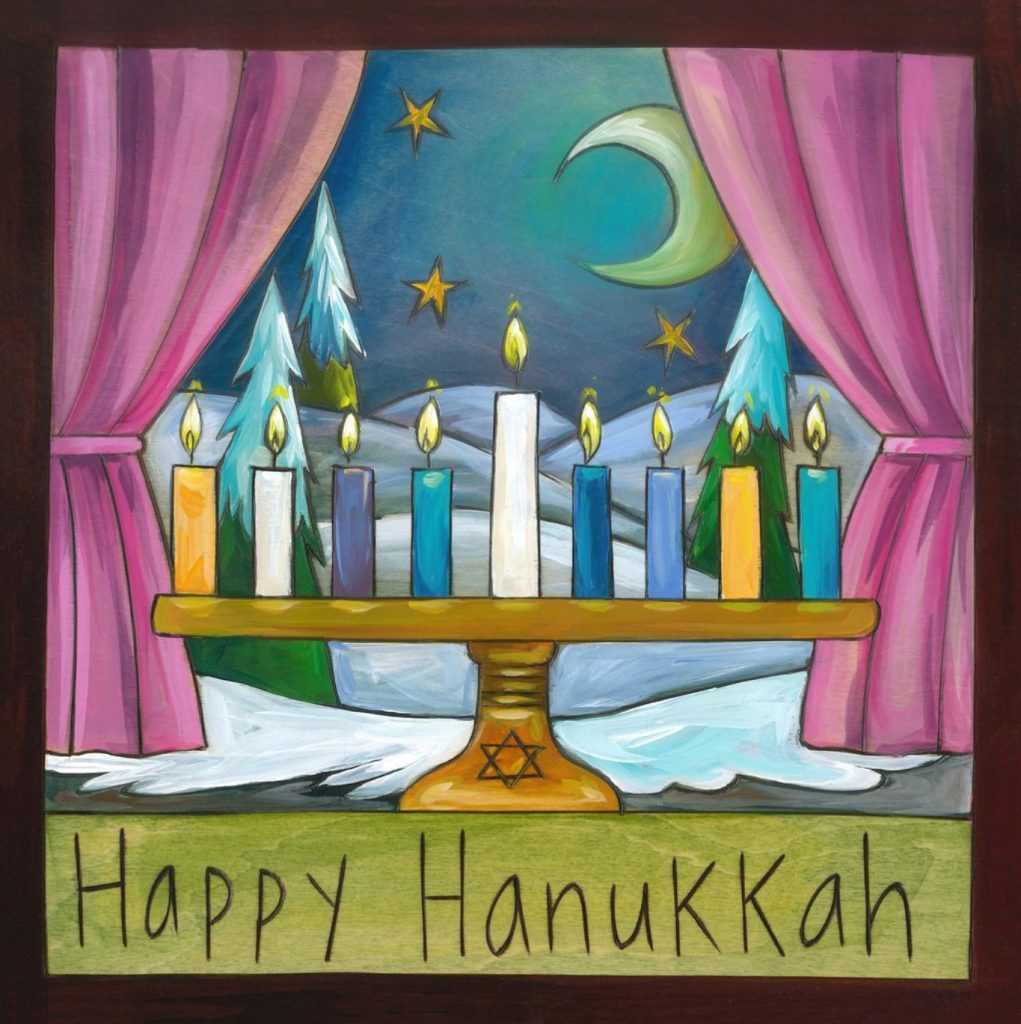
Just as eyes are windows to the soul, so the Chanukka lights are windows into the soul of the chag.

Rosh Hashana marks the conception and Pesach marks the birth of Knesset Yisrael, the Mystical Body of Israel, born on the other side of the parted sea.
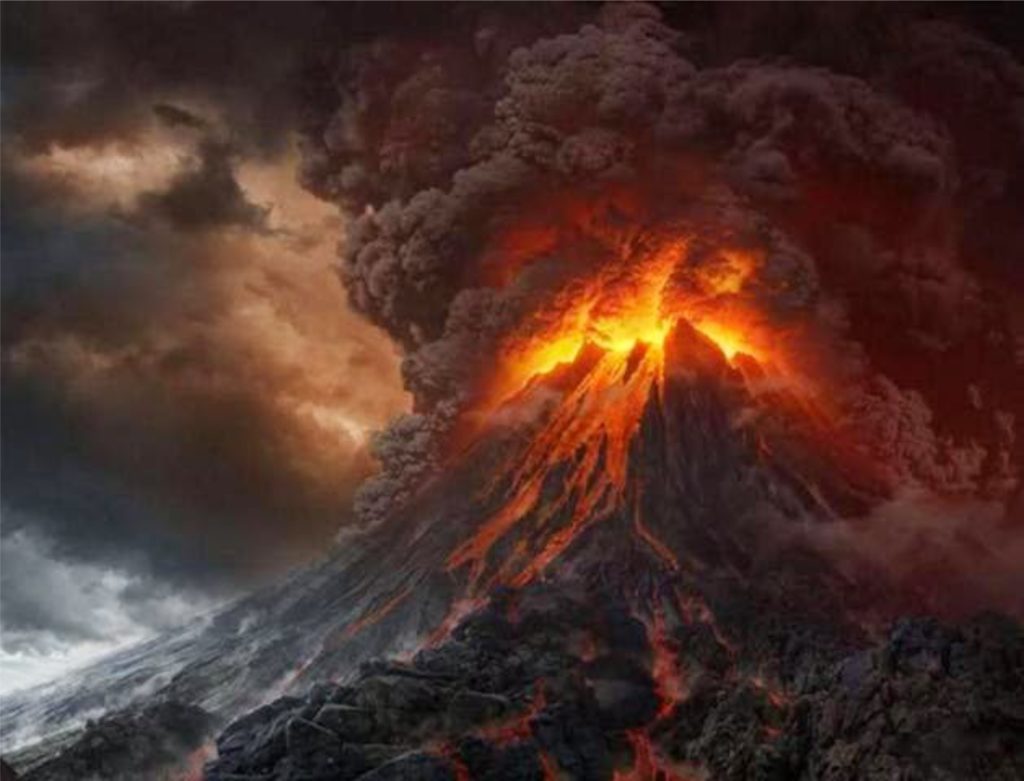
This Torah of Atzilut was what Adam would have received had he not opted for duality, and what we received at Sinai, but forfeited when we too betrayed its calling.
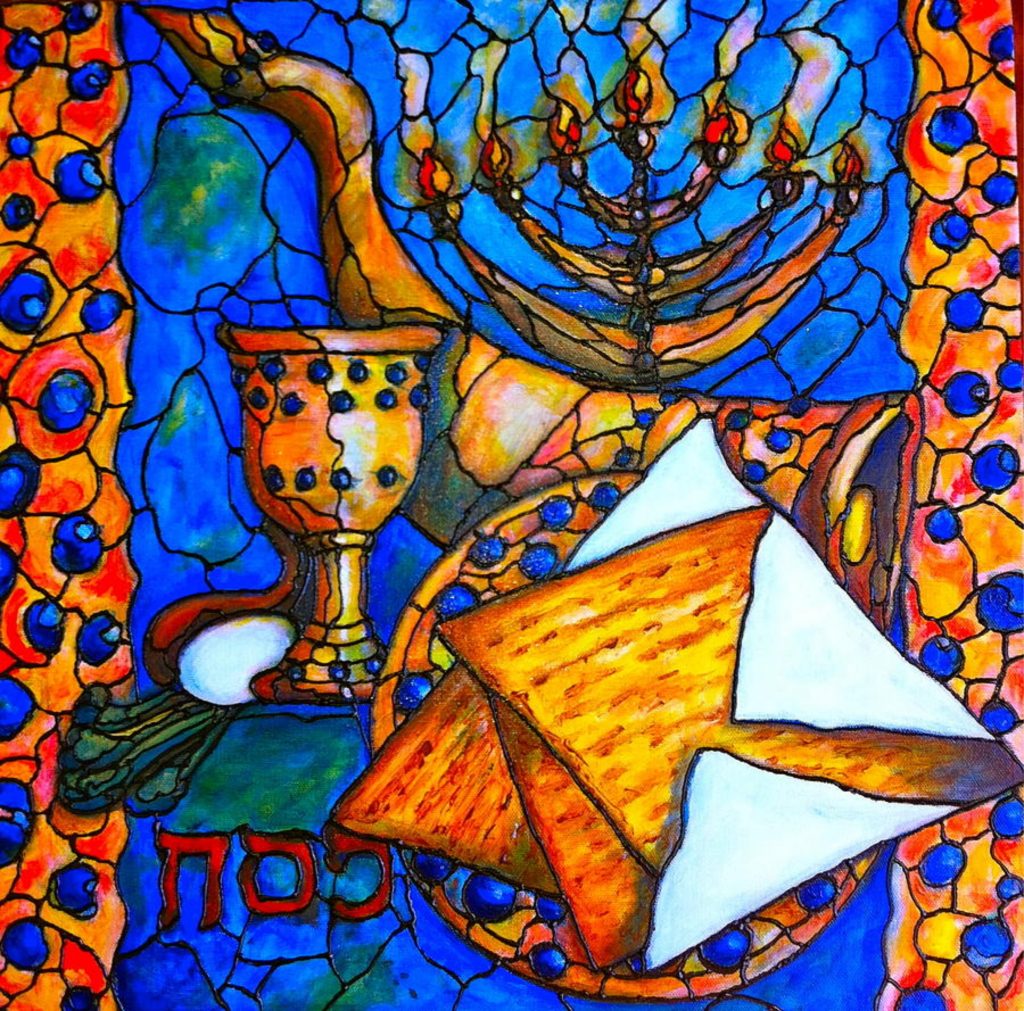
The Fifteen Stages That Form the Backbone of Our Pesach Ritual and trace the soul’s journey from conception, birth, childhood, maturity and, finally, enlightenment.
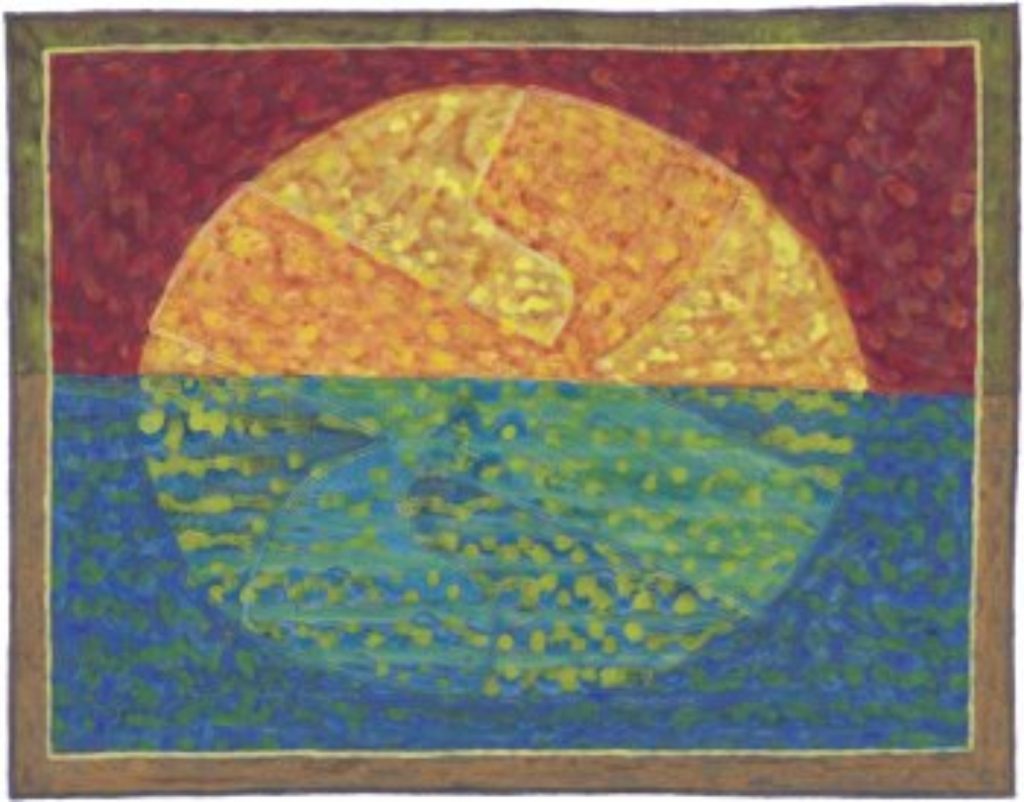
The feminine’s teshuva journey is thus the polar opposite of her male counterpart. Whereas the masculine strives for ego-transcendence, the feminine cultivates holy selfhood.